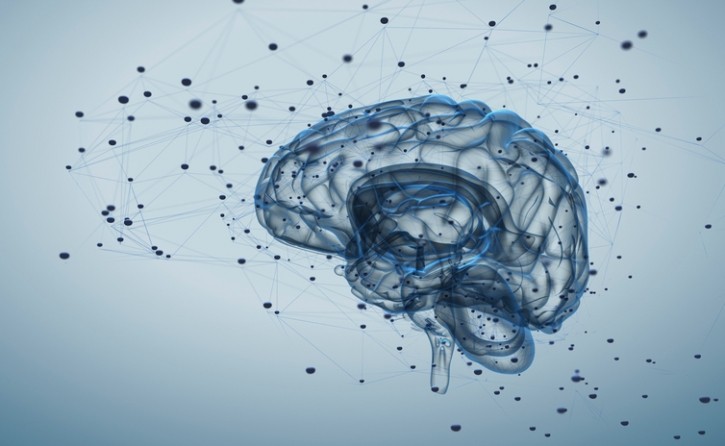Gut-brain axis: LPHEAL9 probiotic may improve memory and learning

Whilst both the placebo and probiotic-treated group showed significant improvements in mood and sleep scores, there was a tendency for better improvements within the LPHEAL9 group.
The Swedish researchers conclude: “The primary findings in this study indicated a positive impact on cognitive performance, especially memory functions, after intake of LPHEAL9 compared to placebo.
“These results may be connected to the improvements over time seen by LPHEAL9 in sleep quality, overall mood, and awakening cortisol,” they hypothesise with regards to the results.
Probiotic power
There has been an increased interest in mental health disorders following the Covid-19 pandemic, with an increase in the reported cases of depression and anxiety. Following this, evidence highlighting the potential for probiotics to influence such conditions via the gut-brain axis has been increasingly documented.
Studies have noted improvements in cognition, memory and stress following probiotic supplementation through the modulation of the microflora and the regulation of inflammatory responses.
Following a previous human placebo-controlled study observing a modified stress response with intakes of the probiotic LPHEAL9, there has been an interest in expanding this area of research.
Thus, the researchers conducted the present RCT to investigate the effects of LPHEAL9 on stress, cognition, mood, and sleep in healthy and moderately stressed individuals.
Study details
The study involved the recruitment of 129 subjects ages 21-52 years which were randomised into one of two treatment arms, including the LPHEAL9 and placebo group. The probiotic treatment arm received one capsule daily consisting of Lactiplantibacillus plantarum HEAL9 (LPHEAL9, HEAL9, DSM 15312) at a dose of 1010 CFU / day.
The groups received the supplements for an intervention period of 12 weeks. Questionnaires were administered to assess stress using the Cohon’s Perceived Stress Scale (PSS), mood with the Profile of Mood State (POMS), sleep with the Pittsburg Sleep Quality Index (PSQI), and cognition with the Competency Assessment (COMPASS). Further blood biomarkers were obtained for levels of tryptophan, kynureine, and markers of inflammation.
Whilst the perceived stress and awakening cortisol levels were significantly reduced over the study period in both groups, the LPHEAL9 group had significantly improved scores across four cognition tests. These included the rapid information processing test, numeric working memory test, paired associated learning, and word recall.
Whilst both the placebo and probiotic-treated groups demonstrated significant improvements in sleep and mood scores, the LPHEAL9 group tended to show heightened improvements for both.
Explained
The study results suggest that the Lactoplantibacillus plantarum strain had a positive impact on cognitive health, specifically for learning and working memory, potentially through the noted improvements to mood and sleep.
Explaining the effect, the researchers hypothesise: “It is known that LPHEAL9 survives the passage through the gastrointestinal tract and has the ability to adhere to human mucosa cells that is dependent on a mannose-binding mechanism. Thus, LPHEAL9 has the possibility to affect factors that influence cognition.”
They add that the need for future study to include the analysis of faecal samples would enable for the specific mechanisms of action to be determined.
Source: Nutrients
https://doi.org/10.3390/nu15153466
“Intake of Lactiplantibacillus plantarum HEAL9 Improves Cognition in Moderately Stressed Subjects: A Randomized Controlled Study”
by Gunilla Önning, Caroline Montelius, Magnus Hillman and Niklas Larsson




